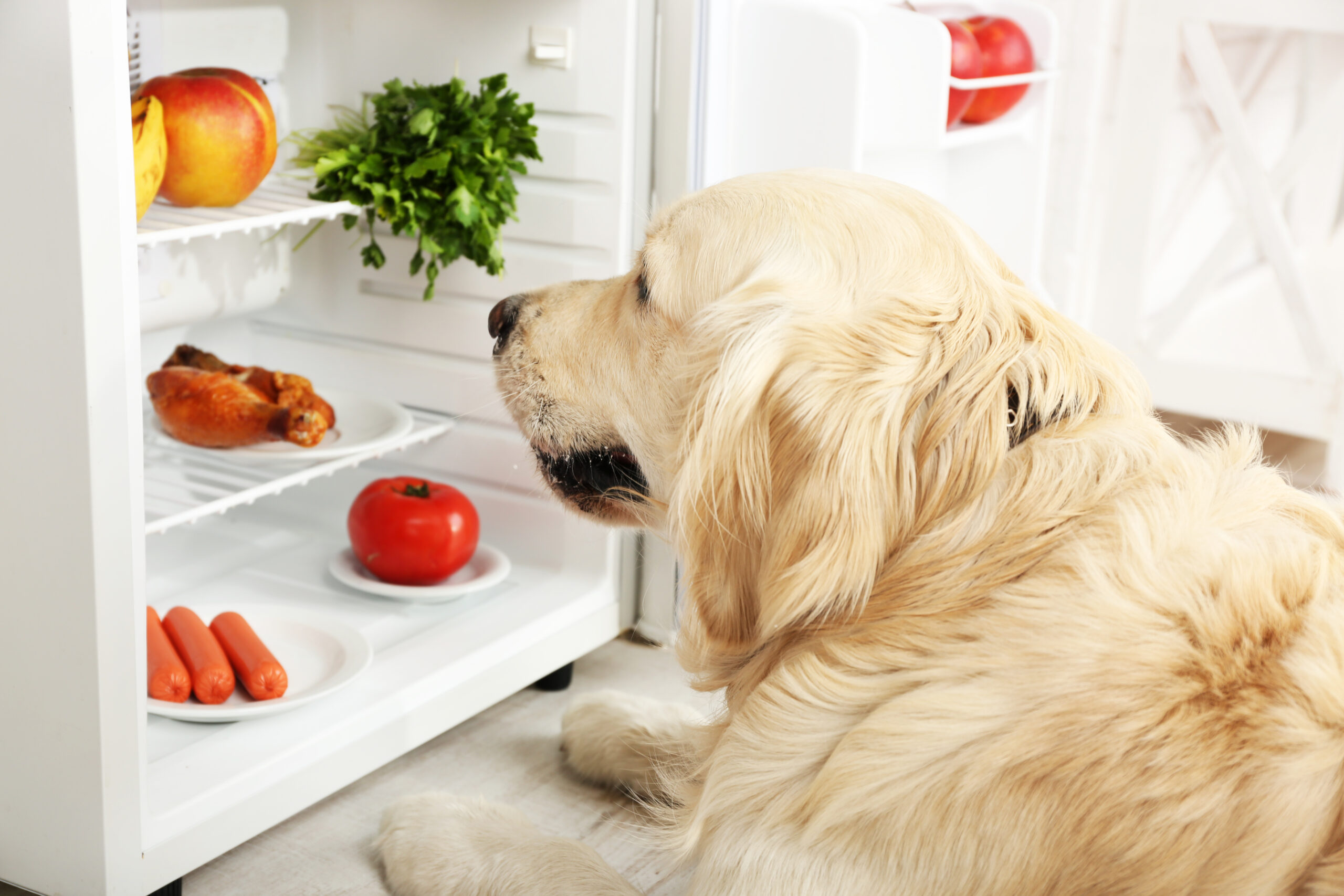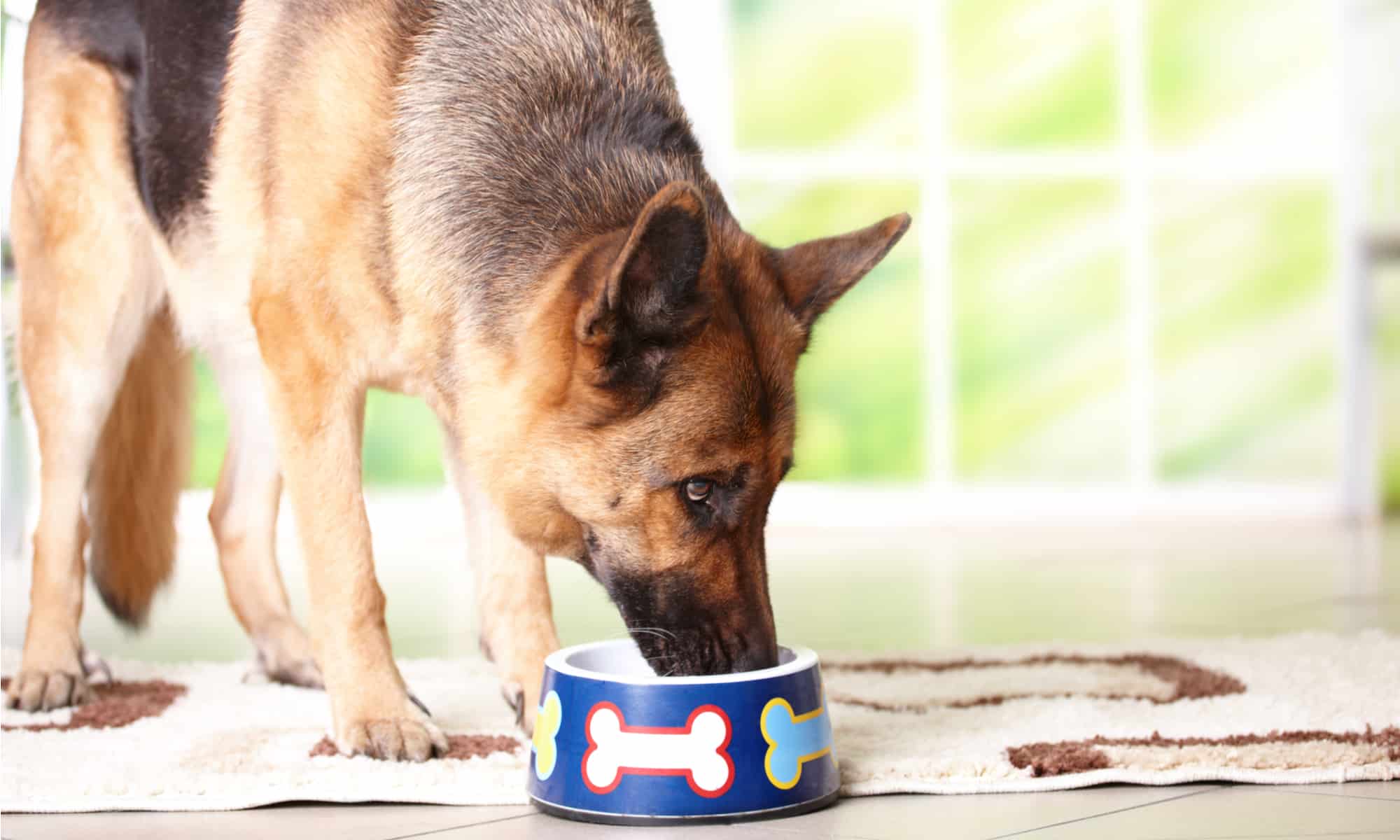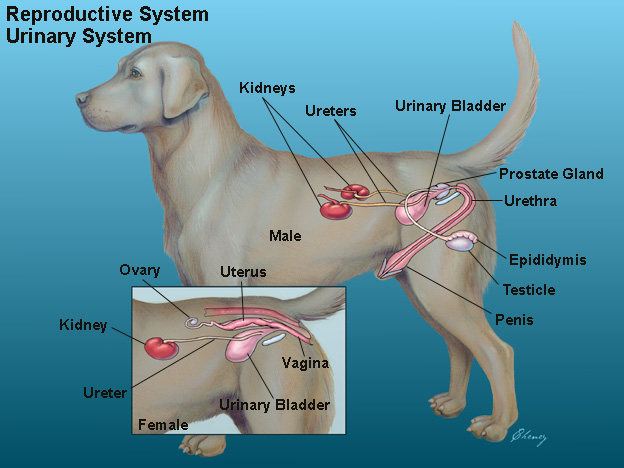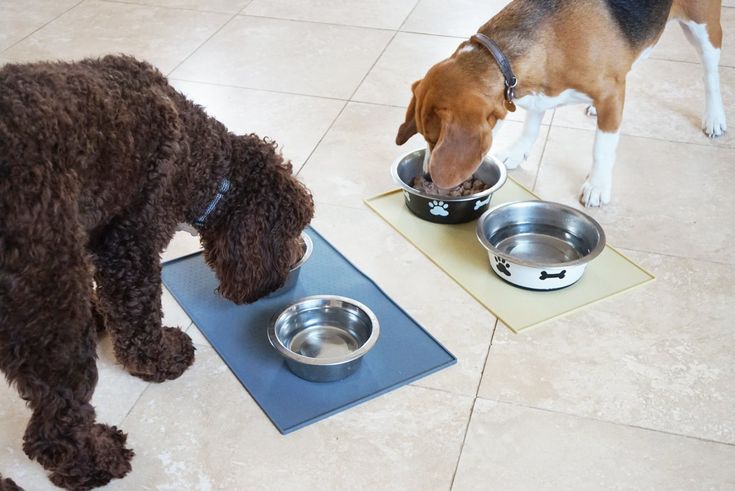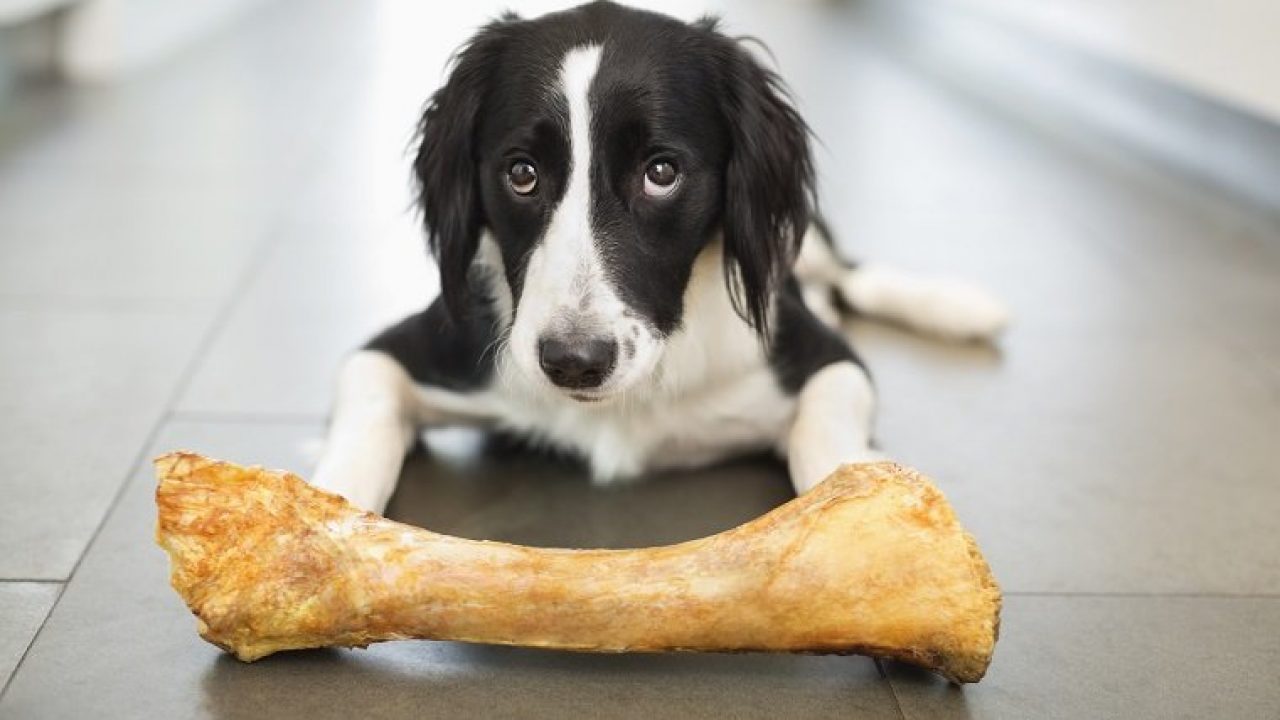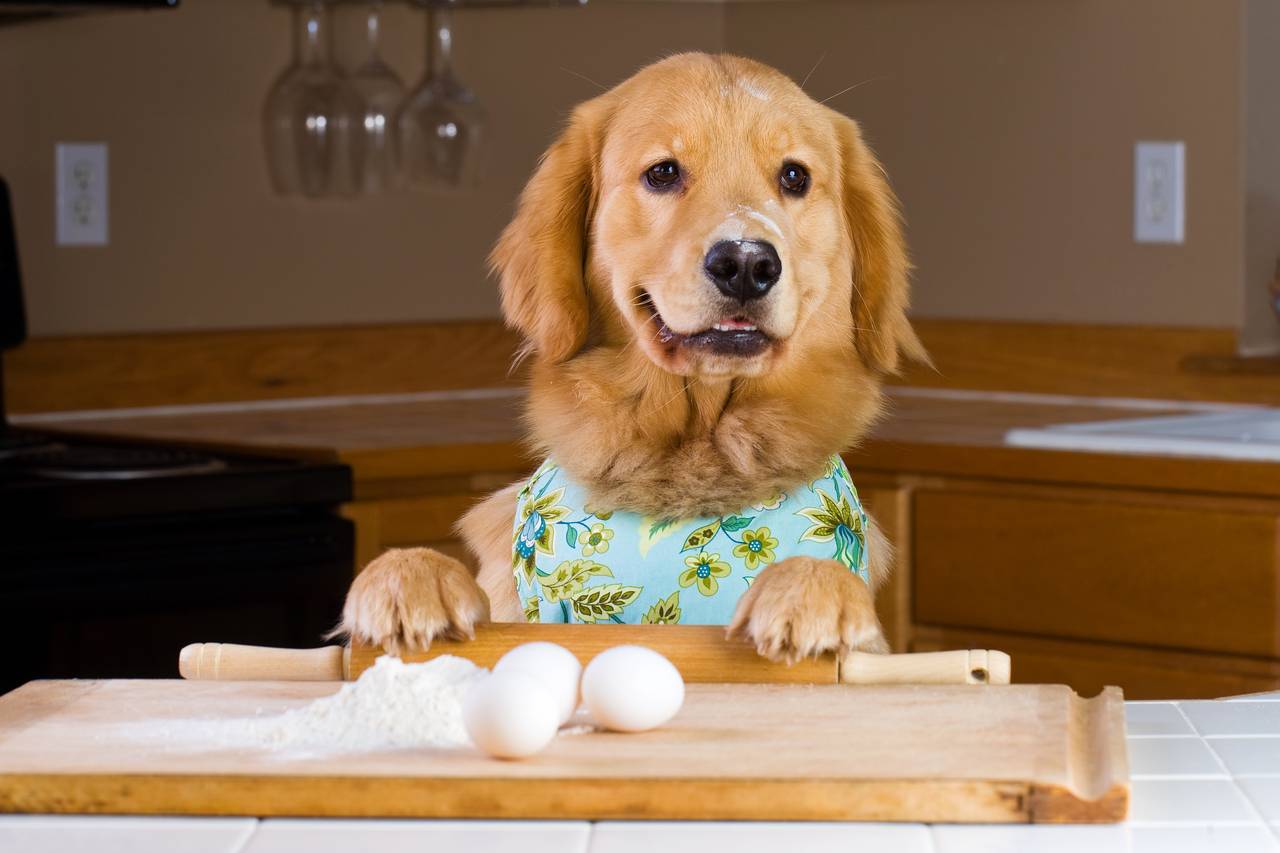Crafting a Comprehensive Guide to Homemade Dog Food for Weight Gain
Homemade Dog Food for Weight Gain heartstrings of pet parents who yearn for the well-being and happiness of their furry companions. If your veterinarian has suggested that your pup needs to put on some weight, turning to homemade food could be the key. A nutritious, calorie-rich diet can significantly contribute to your dog’s health and weight. In this guide, we will explore homemade food options that can aid your dog’s weight gain in a manner that is both healthy and sustainable.
Understanding the Fundamentals
Before delving into recipes, it’s crucial to comprehend why your dog might be underweight. Causes may range from medical issues and poor-quality food to a lack of appetite or high activity levels. If your dog’s underweight condition stems from a medical concern, adhering to your vet’s advice on both diet and treatment is paramount.
The goal of aiding your dog in gaining weight is not to achieve rapid results but rather to facilitate gradual weight gain through a balanced diet incorporating the right mix of proteins, carbohydrates, and fats. Hastening the process could lead to health complications such as diabetes or heart disease.
What to Include in Their Diet

A weight gain diet for Homemade Dog Food for Weight Gain high proteins and fats, complemented by a moderate amount of complex carbohydrates. Here’s why:
- Protein: Essential for muscle development and repair, lean meats like chicken, turkey, and fish are excellent sources.
- Fats: Healthy fats offer concentrated energy; consider sources like fish oil, flaxseed oil, or chicken fat.
- Carbohydrates: Complex carbohydrates provide sustained energy and keep your pup feeling full; options include brown rice, sweet potatoes, and oatmeal.
In addition, incorporate a variety of fruits and vegetables to supply essential vitamins, minerals, and fiber.
Nutrient-Rich Homemade Recipes
Let’s explore a couple of Homemade Dog Food for Weight Gain recipes crafted to promote healthy weight gain:
1. Chicken Rice Delight
Ingredients:
- 1 lb boneless chicken breast
- 1 cup brown rice
- 1 cup chopped vegetables (sweet potatoes, carrots, and green beans)
- ¼ cup chicken broth
Directions:
- Cook the brown rice according to package instructions.
- In a separate pan, cook the chicken until it’s no longer pink.
2. Beefy Meal
Ingredients:
2 lbs ground beef
- 1 cup sweet potato (cubed)
- 1 cup quinoa
- 2 tablespoons flaxseed oil
Homemade Dog Food for Weight Gain:
- Cook the ground beef thoroughly.
- Boil the sweet potato cubes until they’re soft.
- Cook the quinoa according to package instructions.
| Ingredients | Instructions |
|---|---|
| 2 lbs ground beef | Cook the ground beef thoroughly. |
| 1 cup sweet potato (cubed) | Boil the sweet potato cubes until they’re soft. |
| 1 cup quinoa | Cook the quinoa according to package instructions. |
| 2 tablespoons flaxseed oil |
Understanding Canine Underweight Issues:
Dogs, like humans, can experience fluctuations in weight due to various factors, and being underweight is a condition that demands careful attention. This section aims to delve into the multifaceted aspects of canine underweight issues, shedding light on the underlying causes and potential consequences for a dog’s health and well-being.
Causes of Canine Underweight:
- Medical Conditions: Underlying health issues such as gastrointestinal problems, parasites, or metabolic disorders can contribute to Homemade Dog Food for Weight Gain
- Poor Nutrition: Inadequate or poor-quality diet lacking essential nutrients can lead to malnourishment, resulting in weight loss.
- Lack of Appetite: Dogs may experience a reduced appetite due to stress, dental problems, or underlying health conditions, leading to insufficient caloric intake.
- High Activity Levels: Dogs with exceptionally high energy expenditure, such as working or highly active breeds, may struggle to maintain a healthy weight without a sufficient increase in calorie intake.
Consequences of Canine Underweight:

- Muscle Wasting: Insufficient protein intake can result in the breakdown of muscle tissue, leading to muscle wasting.
- Compromised Immune System: Inadequate nutrition weakens the immune system, making underweight dogs more susceptible to infections and illnesses.
- Reduced Energy Levels: Dogs lacking proper nutrition may exhibit lethargy and reduced energy levels, impacting their overall vitality.
- Digestive Issues: Malnutrition can lead to gastrointestinal problems, affecting the dog’s ability to digest and absorb nutrients effectively.
Identifying Underweight Dogs:
- Body Condition Score (BCS): Veterinarians use a BCS scale to assess a dog’s weight, considering factors like rib visibility, spine palpability, and overall body fat.
- Observing Behavioral Changes: Changes in behavior, appetite, and energy levels can provide clues to an underweight condition.
- Regular Veterinary Check-ups: Routine veterinary examinations are crucial for early detection of weight-related issues and prompt intervention.
Addressing Underweight Concerns:
- Consulting with a Veterinarian: Homemade Dog Food for Weight Gain should consult with a veterinarian to determine the root cause of underweight issues and establish a tailored treatment plan.
- Dietary Adjustments: Modifying the dog’s diet to include nutrient-dense foods and addressing any nutritional deficiencies is essential for healthy weight gain.
- Monitoring Progress: Regular monitoring of the dog’s weight and overall health allows for adjustments in the weight gain plan as needed.
Understanding canine underweight issues is the first step towards fostering a proactive and informed approach to a dog’s nutritional well-being. By recognizing the causes and consequences of underweight conditions, pet owners can take the necessary steps to ensure their canine companions thrive with optimal health and
Conclusion
Homemade Dog Food for Weight Gain diet can be a gratifying journey, especially as you witness them achieve a healthy weight. However, each dog has unique nutritional needs. It’s advisable to consult your veterinarian or a canine nutritionist before making significant alterations to your dog’s diet.
Remember, helping your dog gain weight is a gradual process. With patience, love, and quality nutrition, you’ll soon witness your furry friend thriving. Happy feeding!
Frequently Asked Questions (FAQs)
Q1: How do I determine if my dog needs to gain weight?
- A1: Observe your dog’s body condition, and consult your veterinarian for an assessment. If advised, embark on a weight gain plan with their guidance.
Q2: Can I use supplements for faster weight gain?
- A2: While supplements may be considered, it’s crucial to consult your vet before introducing them. Rapid weight gain can lead to health issues, so a gradual approach is recommended.
Q3: Are there specific foods to avoid in a weight gain diet?
- A3: Homemade Dog Food for Weight Gain to identify any foods that may be harmful to your dog’s health. Generally, avoid high-fat or high-sugar treats.
Q4: How often should I feed my dog to promote weight gain?
- A4: Consider dividing their daily portion into smaller, frequent meals to encourage gradual weight gain and aid digestion.

